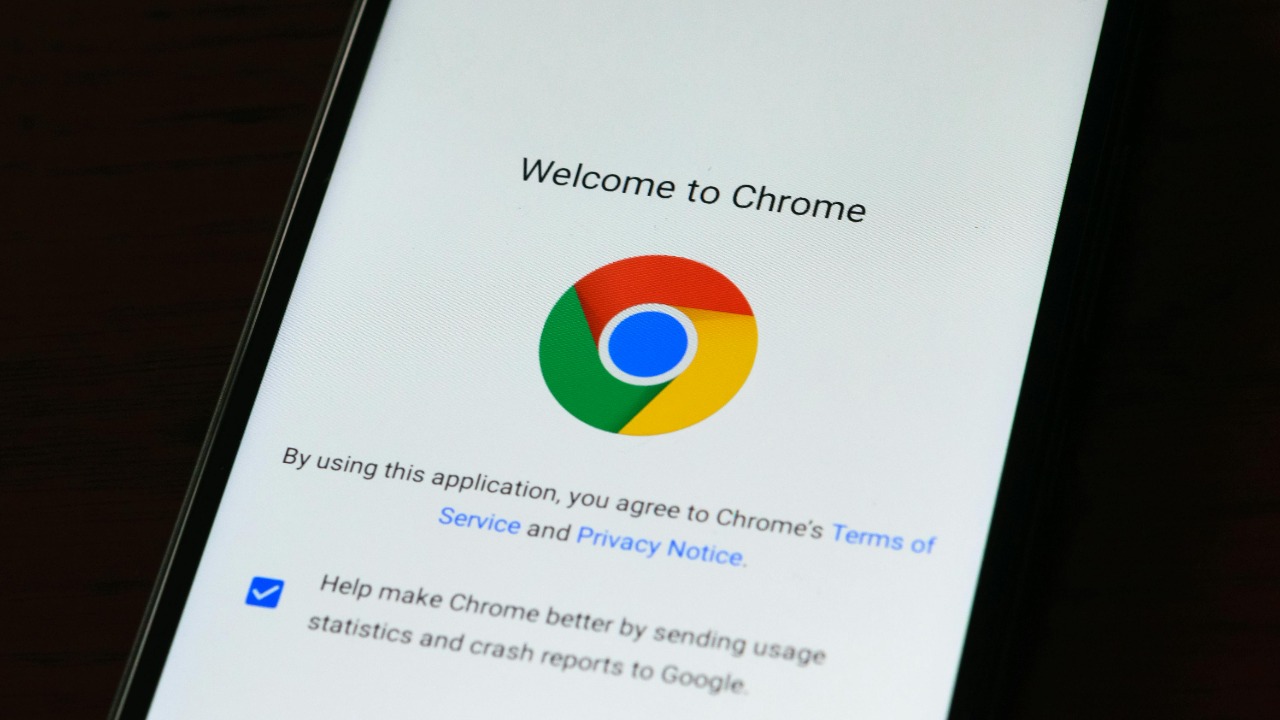
The browser landscape is undergoing a seismic shift with the entry of AI-powered browsers, challenging the long-standing dominance of Google Chrome. OpenAI’s ChatGPT Atlas, launched on October 21, 2025, is at the forefront of this revolution, aiming to redefine the browsing experience with integrated conversational features. This development has sparked an intense competition in the AI browser market, with Google Chrome, ChatGPT Atlas, and Perplexity’s Comet all vying for supremacy.
Launch of ChatGPT Atlas
OpenAI officially announced the launch of its ChatGPT Atlas browser on October 21, 2025. This new browser is designed to integrate AI capabilities directly into the browsing experience, offering a unique blend of traditional browsing and AI-powered features. The strategic intent behind the launch is clear: OpenAI is positioning ChatGPT Atlas as a direct challenger to Google Chrome’s dominance in the browser market. The initial platform availability and rollout details for ChatGPT Atlas were also unveiled at the launch, marking the beginning of a new era in the browser wars.
Google Chrome’s Established Dominance
Google Chrome has long been the default browser for billions of users globally, thanks to its seamless integration with Google services and robust performance optimizations. Its widespread adoption and market leadership have been unchallenged until now. However, the emergence of AI-powered web browsers like ChatGPT Atlas and Perplexity’s Comet is set to contest Google Chrome’s position. These new entrants aim to leverage AI capabilities to offer a more personalized and interactive browsing experience, potentially disrupting the long reign of Google Chrome.
Market Impact of the Atlas Launch
The unveiling of OpenAI’s ChatGPT Atlas browser had an immediate and significant impact on the market. Google reportedly lost $150 billion in value following the launch, reflecting investor concerns about the potential threat posed by ChatGPT Atlas to Google Chrome. The stock fluctuations and investor reactions underscore the perceived stakes in the AI browser wars. The competition has further escalated with the entry of Perplexity Comet, which, along with ChatGPT Atlas, is challenging Google Chrome’s long reign as of October 27, 2025.
Core Features of ChatGPT Atlas
ChatGPT Atlas brings a host of AI-driven functionalities to the table. One of its standout features is real-time conversational assistance embedded within the browsing experience, offering users a more interactive and personalized web navigation. Initial user-facing tools in ChatGPT Atlas, such as predictive search and content generation, are a departure from traditional browser norms. OpenAI has also emphasized privacy and data handling in ChatGPT Atlas, aiming to differentiate it from competitors and address growing user concerns about data privacy in the digital age.
Google Chrome’s Response and Evolution
In response to the challenge posed by AI browsers, Google Chrome has incorporated AI elements in its recent updates. These enhancements aim to counter entrants like ChatGPT Atlas and maintain Google Chrome’s market leadership. Google Chrome’s ecosystem advantages, including a vast library of extensions and cross-device syncing, also play a crucial role in its competitive strategy. As the AI browser wars heat up, it will be interesting to see how Google strategizes to maintain its lead over AI browsers like ChatGPT Atlas.
Performance and User Experience Comparison
Early benchmarks from AI-powered browser evaluations suggest a close contest between Google Chrome and ChatGPT Atlas in terms of speed and resource efficiency. However, the two browsers offer distinct usability experiences. ChatGPT Atlas’s integrated chat features offer a more interactive browsing experience, while Google Chrome’s familiar interface continues to appeal to its entrenched user base. User adoption trends for ChatGPT Atlas as a newcomer will be crucial in determining the future trajectory of the AI browser wars.
Future of the Browser Wars
The role of Perplexity Comet alongside ChatGPT Atlas in challenging Google Chrome’s dominance is a key aspect of the ongoing browser wars. The broader implications of AI integration in web browsers, as demonstrated by the October 2025 launches, could redefine the browser landscape. As we move into November 2025, potential market shifts will be closely watched, with the initial reception of ChatGPT Atlas versus Google Chrome likely to influence future developments in the AI browser market.
More from MorningOverview